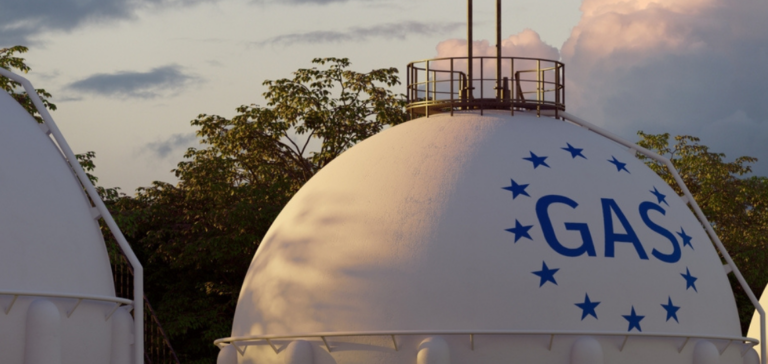Tensions are mounting in the energy sector, where companies such as BP, Edison and Shell are facing delivery problems with US liquefied natural gas (LNG) exporter Venture Global LNG. This complex situation, which has triggered calls for intervention by the EU-US Energy Task Force, raises concerns about the reliability of US LNG suppliers.
Calls to Action and Official Responses
Last October, these companies requested the Task Force’s intervention to resolve their contractual problems with Venture Global LNG, following LNG delivery defaults. In particular, a Shell executive urged the organization to demand that Venture Global LNG comply immediately with its signed contracts. These companies are among at least four customers of the Arlington, Virginia-based company who have initiated contractual arbitration proceedings due to lack of gas supplies.
Accusations and defenses
Venture Global LNG faced operational difficulties at its Louisiana plant, attributed to faulty electrical equipment currently under repair. The company was accused by Shell of diverting its resources to building a second LNG export plant instead of finalizing repairs to the first, raising doubts about the trust placed in American LNG suppliers. In a separate letter, BP executive Carol Howle expressed concern about the plant’s reliability, and suggested that the authorities review the suitability of its operation and exports.
Business implications and consequences
EU and US officials, however, treated the dispute as a contractual matter between commercial parties, without intervening at the Task Force meeting on October 30. A Shell spokesman said he did not expect an immediate reaction from the Task Force, but wanted to draw attention to a potential loss of confidence in US LNG suppliers. BP refrained from any comment other than that mentioned in its letter, while Edison did not immediately respond to a request for comment.
Venture Global LNG’s performance and controversies
Venture Global LNG, for its part, said it was operating its Calcasieu Pass plant at full capacity and had sold more than 200 cargoes, worth around $18.2 billion, according to a Reuters tally. These sales generated higher prices than those stipulated in the long-term contracts of the four companies. Shell and others claim that the company has profited from soaring global gas markets while compromising Europe’s energy security.
Customers have been informed that they will not receive the contracted quantities until the end of 2024. BP and Shell bought gas from the plant and sold it outside Europe, while invoking Europe’s energy security in their letters to the Task Force. Venture Global LNG has stated that it is working diligently to fully complete the plant, without specifying a date for the start of full commercial operation.
According to a November 10 letter signed by Venture Global co-chairs Michael Sabel and Robert Pender, Shell and BP purchased seven and six commissioning cargoes respectively, several of which were traded outside Europe for higher profits. Venture Global insists on its compliance with the terms of the contracts and considers BP and Shell’s criticism as an attempt to
“litigation through our regulators and in the media.”
This conflict highlights the complexities and challenges of global energy security, revealing the vulnerability of supply chains and the need for greater cooperation between suppliers and international regulators to ensure energy stability.






















